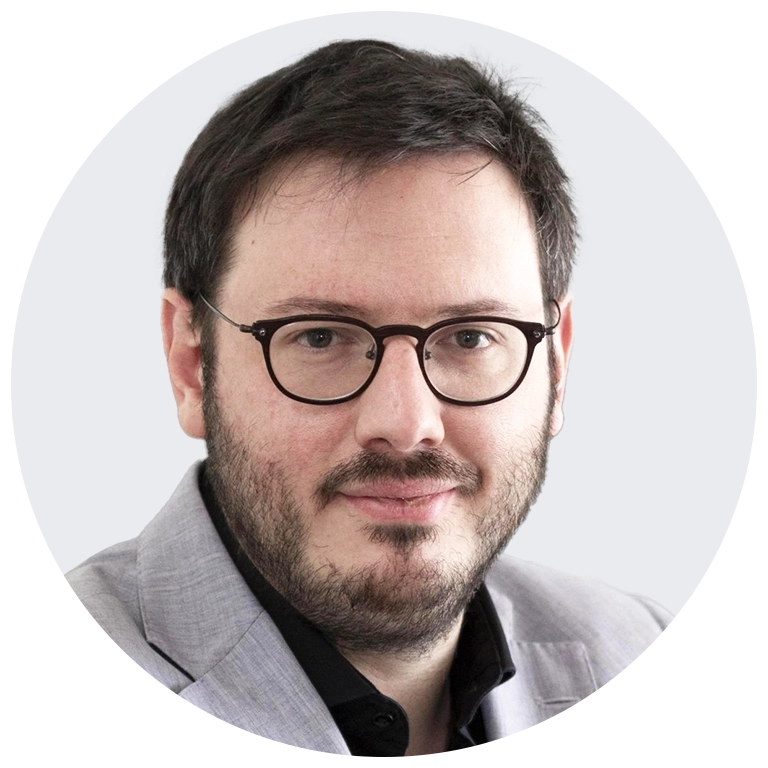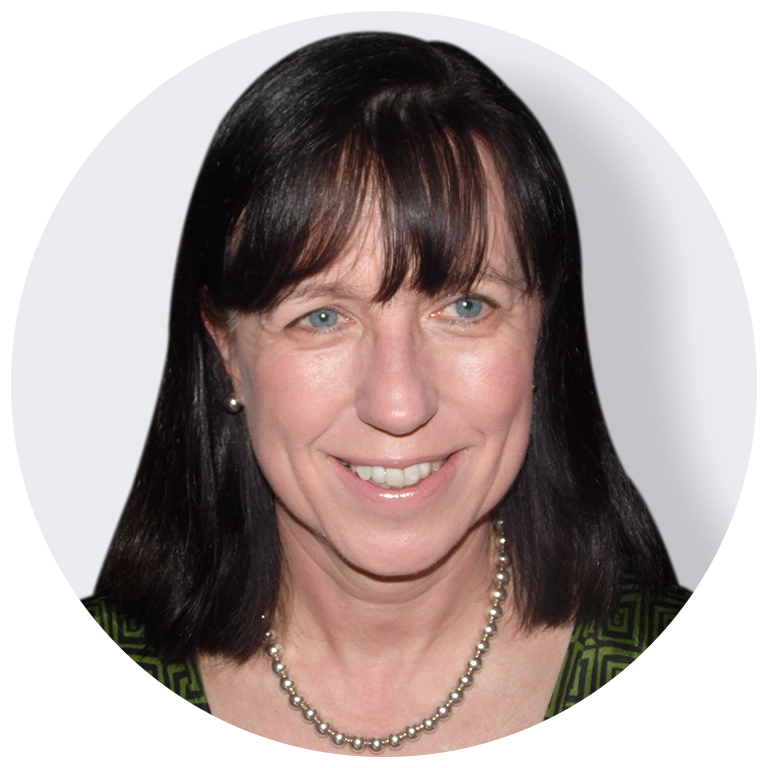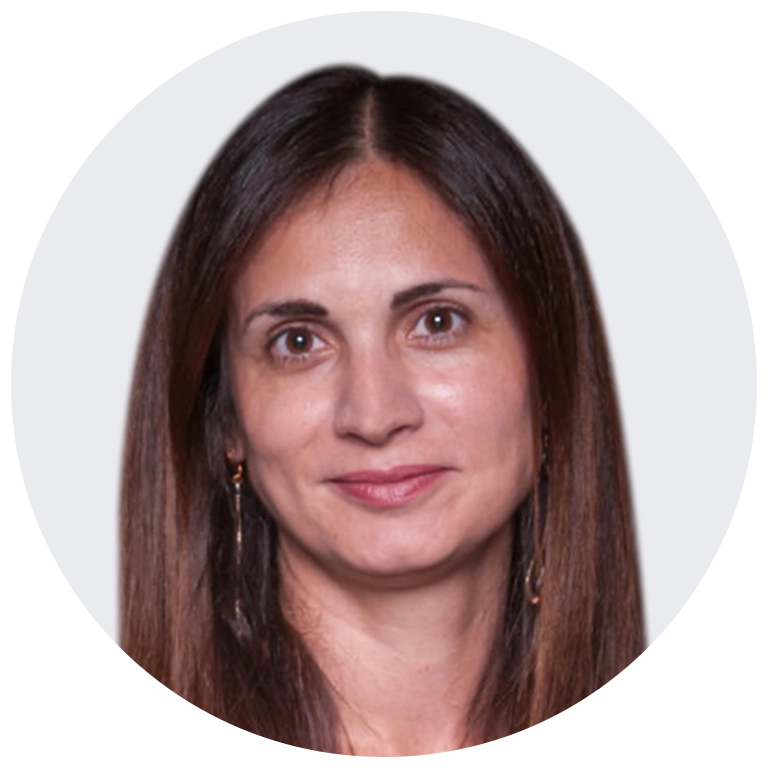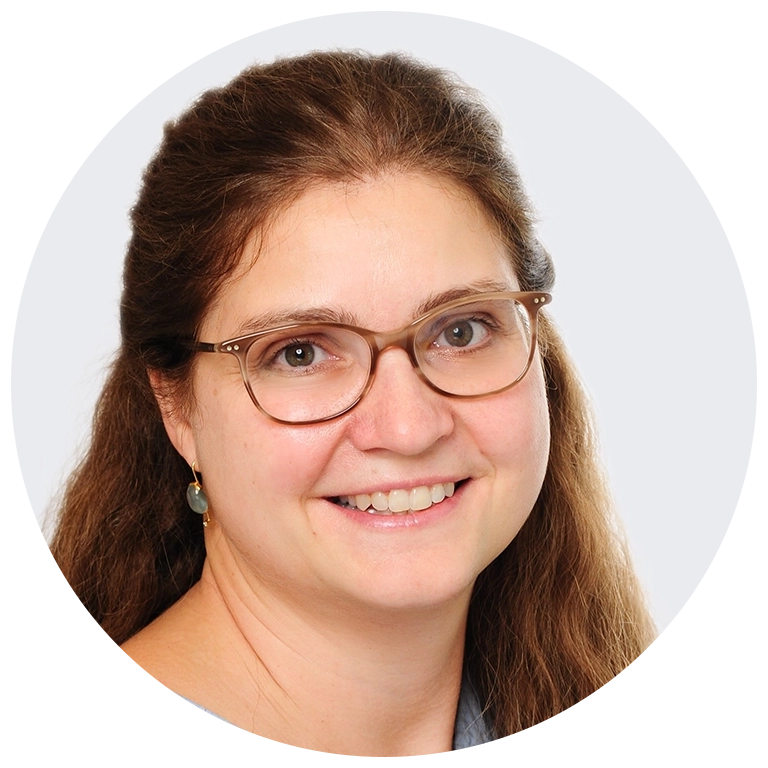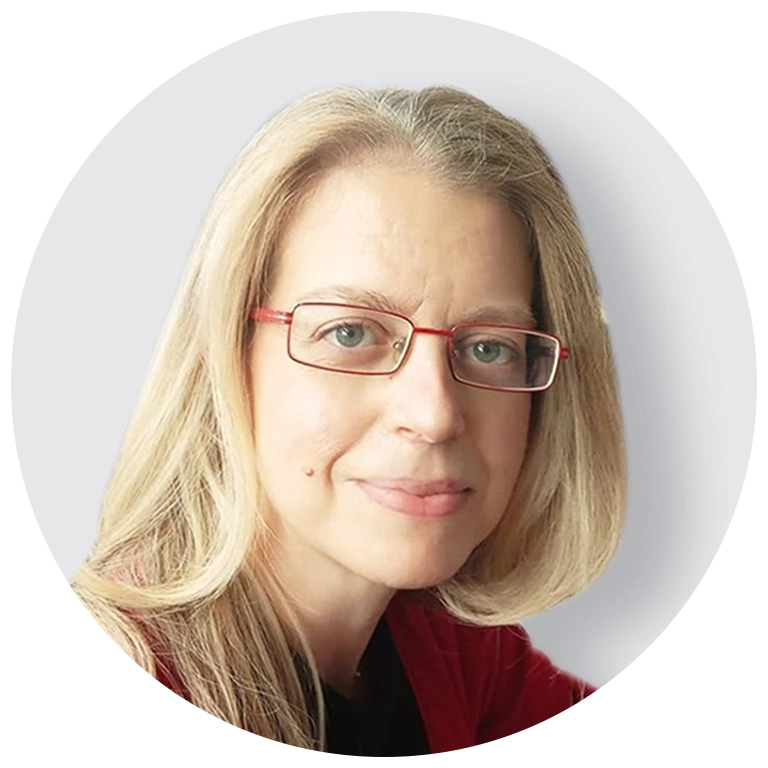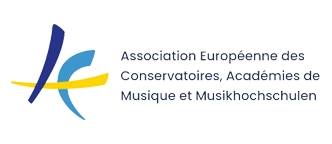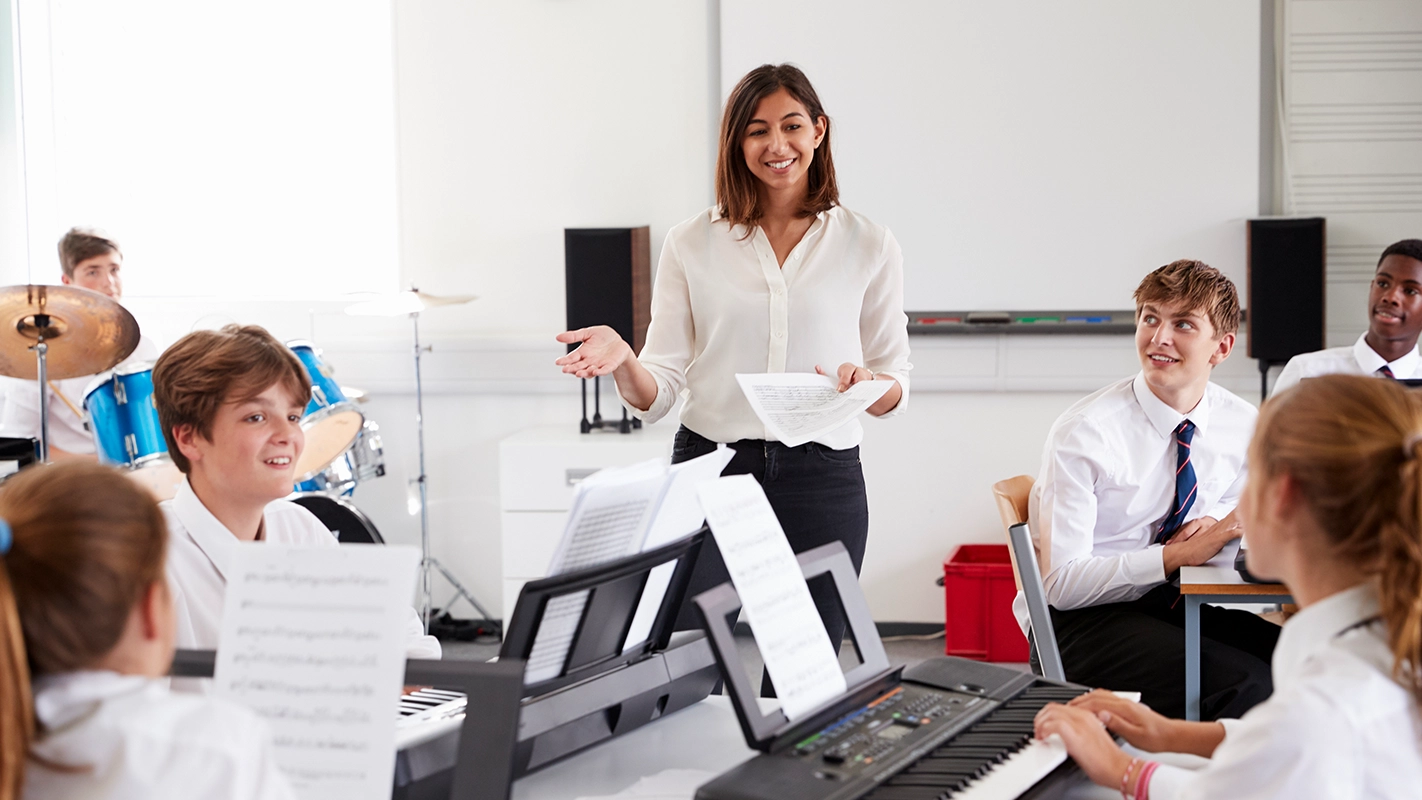
Teacher Education
Academy for Music
Future-Making, Mobility and
Networking in Europe

Teacher Education
Academy for Music
Future-Making, Mobility and
Networking in Europe
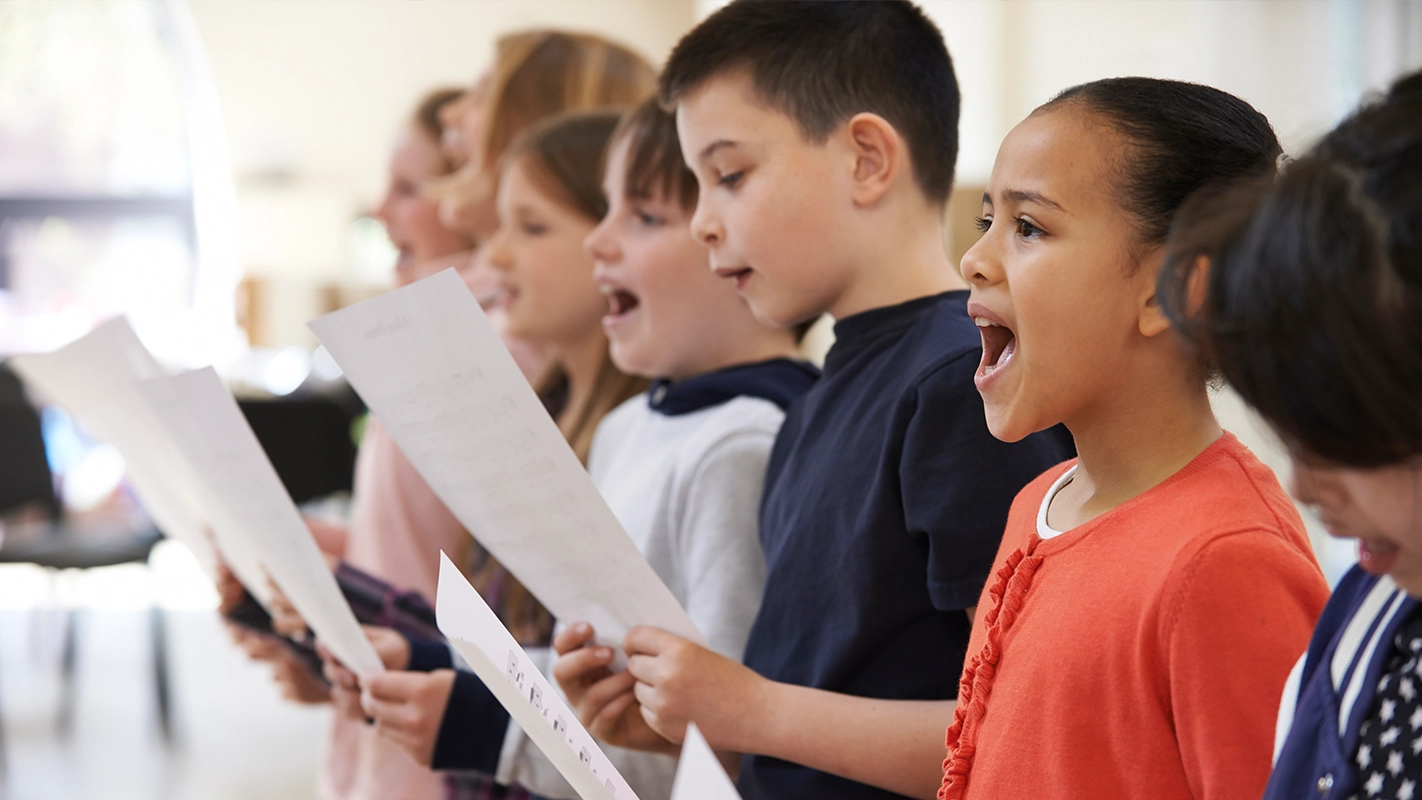
Teacher Education
Academy for Music
Future-Making, Mobility and
Networking in Europe

Teacher Education
Academy for Music
Future-Making, Mobility and
Networking in Europe
About TEAM
The Teacher Education Academy for Music, Future-Making, Mobility and Networking in Europe is a pan-European collaborative research and development network.
It aims to reshape initial and ongoing music teacher education (MTE) and school music education (ME) in Europe according to the current needs of music teacher professionalization, digitization, intercultural learning, future viability, sustainability and social coherence.
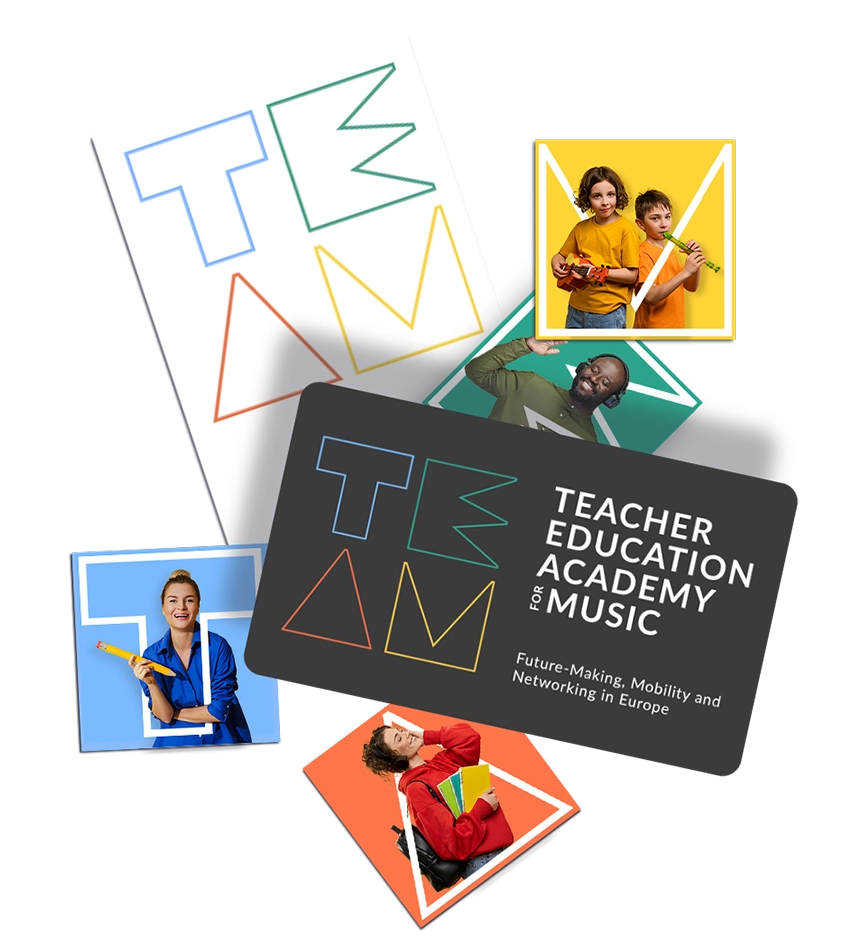
TEAM’s project duration is
June 2023 to September 2026
TEAM was coordinated by the University of Potsdam from 14. of June 2023 until the 30. of September 2024. From October 2024 onwards the project is coordinated by the mdw – University of Music and Performing Arts Vienna . TEAM is co-funded by the Erasmus Plus Teacher Academies Strand.
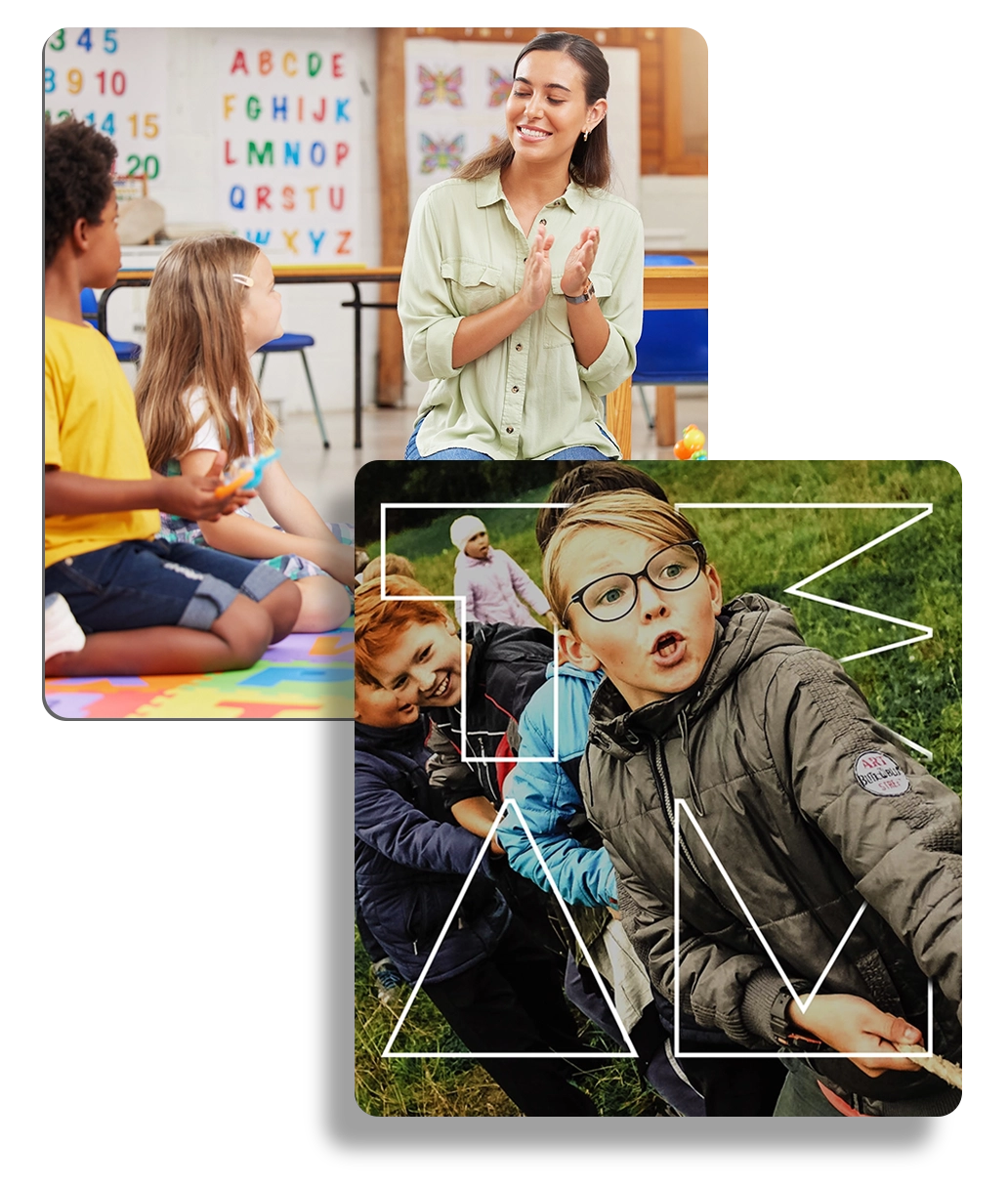


Resources
TEAM offers a broad bundle of important initial impulses at neuralgic points in music education (ME) and music teacher education (MTE).
The overall rationale of TEAM is to create long-lasting impact in ME teaching and MTE, to the extent that it enables children and youth to use music creatively, as a means of cultural awareness and expression and as a means of social cohesion and future viability and fulfillment throughout lifetime.
WP 1 and WP 9 is steered by the coordinator, WP 2 by the steering committee (chairs of WP 3-8) and the project lead (IM, TB & KS). WP 3-5 are structured as design-based research projects in order to develop open educational resources, learning offers, tools and materials for initial and ongoing music teacher education and music education in schools.
WP 1 and WP 9 is steered by the coordinator, WP 2 by the steering committee (chairs of WP 3-8) and the project lead (IM, TB & KS). WP 3-5 are structured as design-based research projects in order to develop open educational resources, learning offers, tools and materials for initial and ongoing music teacher education and music education in schools.
Consortium & Partners
13 partner institutions (training schools, initial and continuous MTE institutions) from 10 European countries with a high level of expertise in the necessary areas will work together flanked by a large number of Associated Partners from the 10 consortium countries as well as from 13 further European countries and music-related European NGOs.
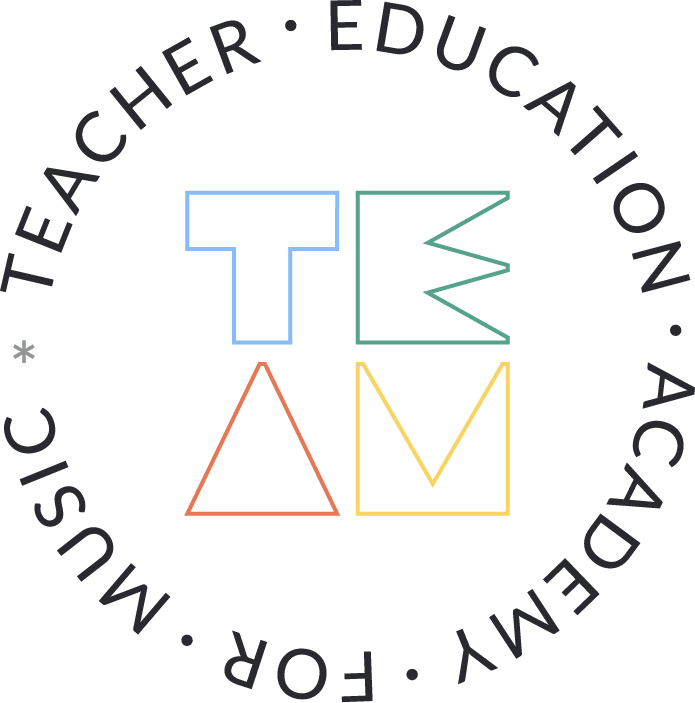


13
Partner institutions
26+
Associated partners
8+
Associated projects
Project staff
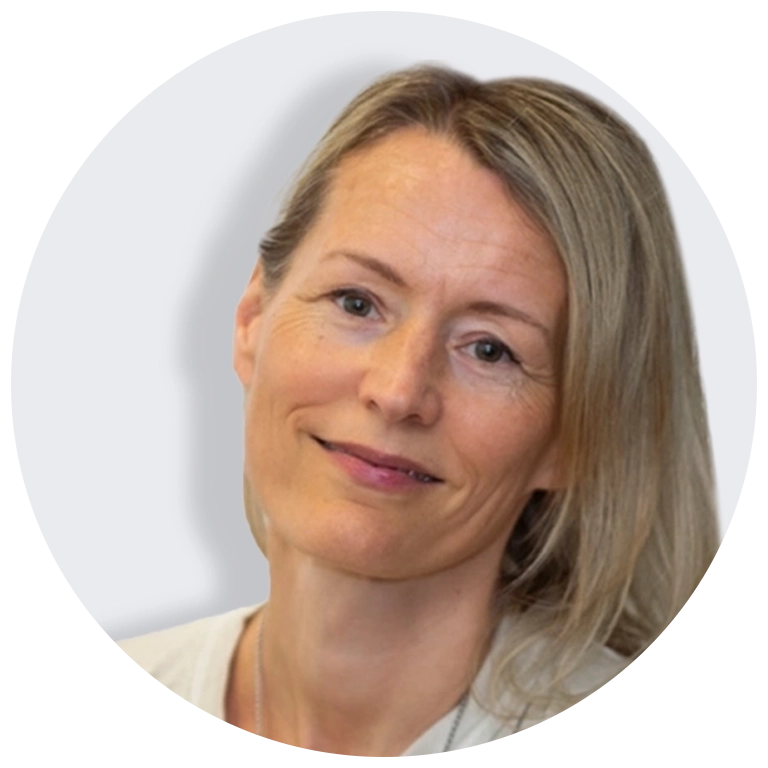
Prof. Dr. Isolde Malmberg
UP – University of Potsdam
Project lead
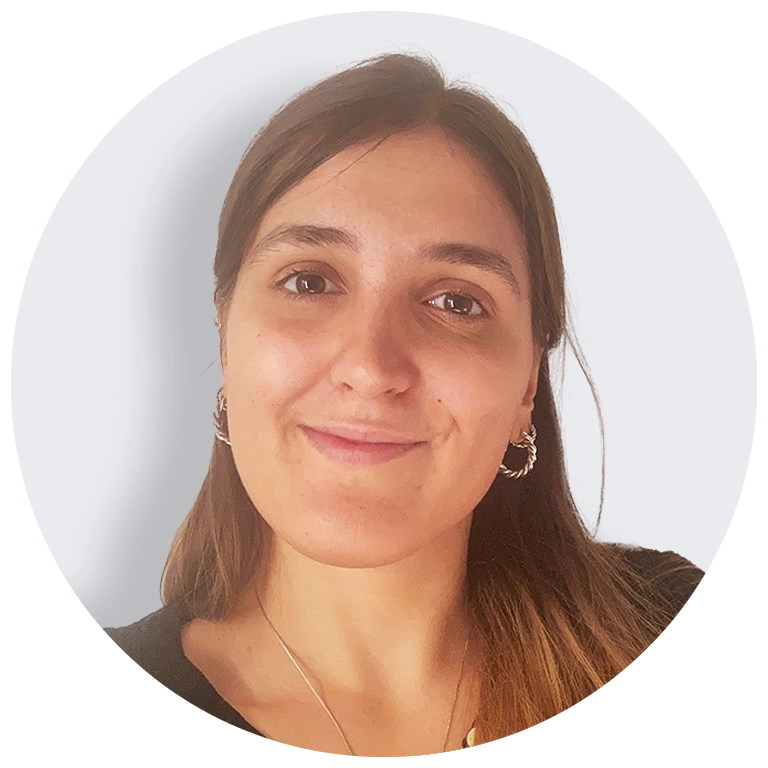
Karla Stolle
mdw – University of Music and Performing Arts Vienna
project coordination
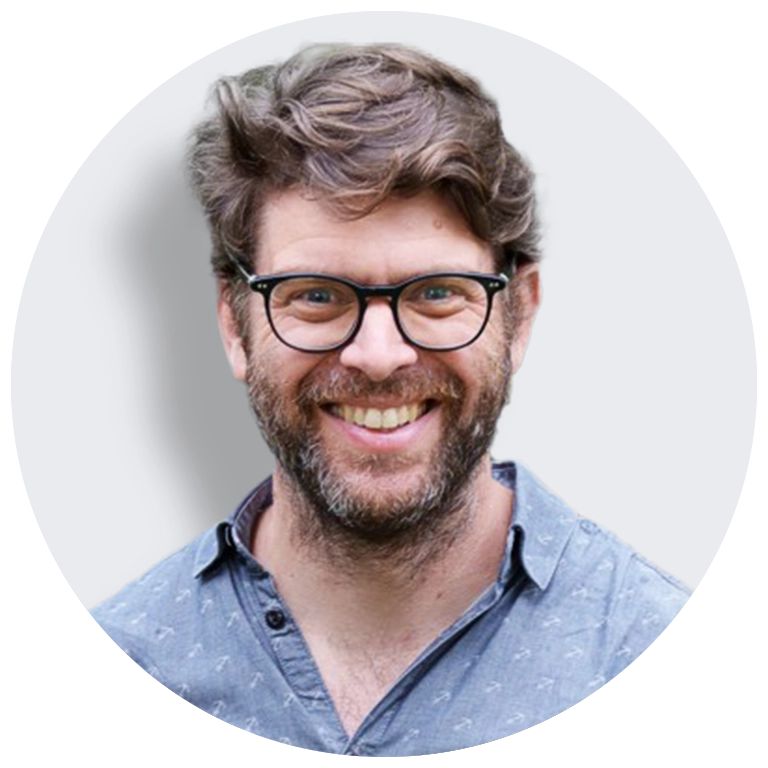
Prof. Dr. Thade Buchborn
FrM – University of Music
Chair of Steering Commitee

Upcoming Events
April
8-11, 2026
TEAM Outreach Meeting within the EAS congress
Vienna, Austria

